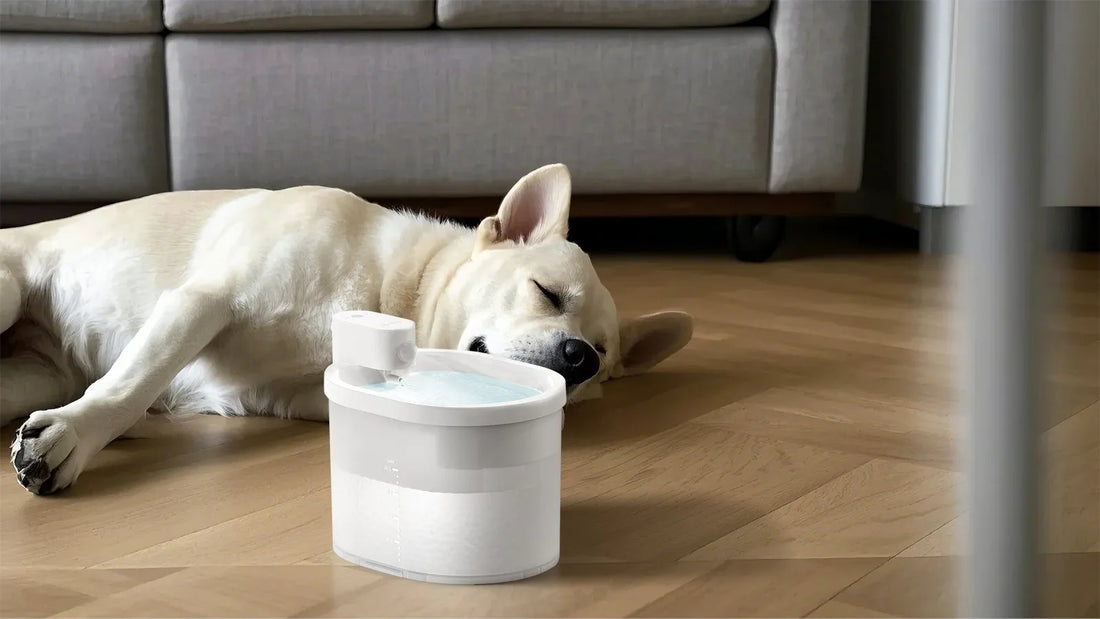When your cat is lethargic, not eating, but still drinking water, it can be a cause for concern. Cats are typically curious and active creatures, so any deviation from their normal behavior warrants attention. This article explores the possible reasons behind this condition, when to seek veterinary care, and how to support your feline friend during this time.
Understanding the Symptoms
Lethargy, loss of appetite, and increased water consumption are symptoms that can indicate various underlying issues. While these symptoms can be alarming, it's important to assess the situation calmly and methodically. Observing your cat's behavior and noting any additional symptoms can help in determining the cause.
Possible Causes
There are several potential reasons why a cat might be lethargic, not eating, but still drinking water. Some of the most common causes include:
- Dehydration: Even though your cat is drinking water, they might still be dehydrated. Dehydration can lead to lethargy and loss of appetite.
- Kidney Disease: Chronic kidney disease is a common condition in older cats. Increased water consumption is a classic symptom, along with lethargy and reduced appetite.
- Diabetes: Diabetes can cause increased thirst and urination, along with lethargy and weight loss.
- Infections: Bacterial or viral infections can lead to lethargy and loss of appetite, even if your cat is still drinking water.
- Dental Issues: Painful dental problems can make eating uncomfortable, leading to a loss of appetite.
- Stress or Anxiety: Changes in the environment, such as moving to a new home or the introduction of a new pet, can cause stress and lead to these symptoms.
When to Seek Veterinary Care
If your cat is lethargic, not eating, but still drinking water, it's important to monitor their condition closely. However, there are certain situations where immediate veterinary care is necessary:
- If your cat has not eaten for more than 24 hours.
- If there are additional symptoms such as vomiting, diarrhea, or difficulty breathing.
- If your cat appears to be in pain or discomfort.
- If your cat's condition does not improve within a day or two.
Early intervention can make a significant difference in the outcome, so don't hesitate to seek professional advice.
Supporting Your Cat at Home
While waiting for a veterinary appointment, there are steps you can take to support your cat at home:
- Encourage Hydration: Ensure that your cat has access to fresh water at all times. You can also try offering wet food, which has a higher moisture content.
- Create a Comfortable Environment: Make sure your cat has a quiet, comfortable place to rest. Reduce stressors in the environment as much as possible.
- Monitor Food Intake: Offer small, frequent meals of highly palatable food. Warming the food slightly can make it more appealing.
- Observe Behavior: Keep a close eye on your cat's behavior and note any changes. This information can be valuable for your veterinarian.
Preventive Measures
Preventing health issues is always better than treating them. Here are some preventive measures you can take to keep your cat healthy:
- Regular Veterinary Check-ups: Routine check-ups can help detect potential health issues early.
- Balanced Diet: Provide a balanced diet that meets your cat's nutritional needs.
- Dental Care: Regular dental care can prevent painful dental issues.
- Stress Management: Minimize stressors in your cat's environment and provide plenty of mental and physical stimulation.
By taking these steps, you can help ensure that your cat remains healthy and happy.
If your cat is lethargic, not eating, but still drinking water, it's essential to take action. Understanding the potential causes and knowing when to seek veterinary care can make a significant difference in your cat's health. Remember, your cat relies on you to be their advocate, so don't hesitate to seek professional help if needed. With the right care and attention, your feline friend can bounce back to their usual self in no time.













